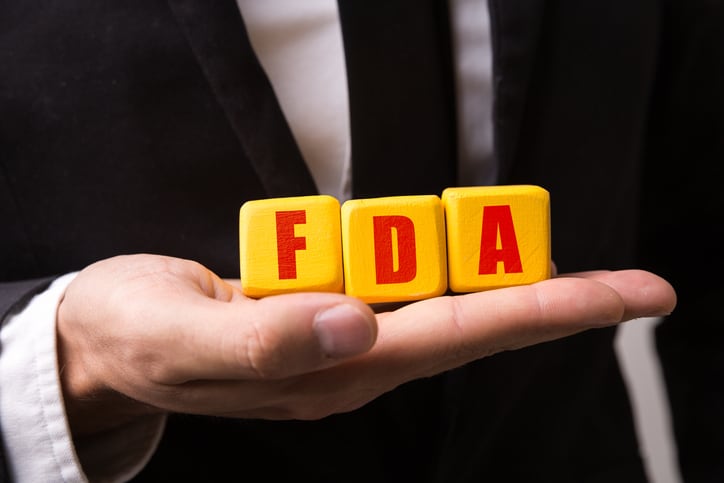The new research was published today in the Journal of the American Medical Association. In addition to Cohen, who is associated the Harvard Medical School, the research team consisted of Bharathi Avula, PhD, Kumar Katragunta, PhD and Ikhlas Khan, PhD, all of the University of Mississippi.
The researchers looked at three ingredients that had been the subject of FDA warning letters issued in 2015, 2016 and 2019. The banned ingredients were the amphetamine analogue β-methylphenethylamine (BMPEA), the ephedrine analogue methylsynephrine and the dimethylamylamine analogue octodrine (DMHA). In all, 31 warning letters were issued to companies selling products containing one of those three ingredients.
The research team did an online search in January 2022 using various sources to see if any of the products named in the warning letters had been recalled by their manufacturers. They also did a Google search at the same time to see if any of the products named in the warning letters were still for sale. If they were, the research team bought a lone bottle of each and chemically analyzed the contents.
Five of products named in warnings still for sale years later with prohibited ingredients
Their results suggest that the warning letters did not keep all of the products out of the hands of consumers. The researchers found only one of the 31 products had been recalled, and nine of the products were still for sale.
Of those nine products, five were found to contain an FDA-prohibited ingredient (the other four presumably had been reformulated). One of that subset of five products actually still contained the same prohibited ingredient as was named in the respective warning letter and even went so far as to continue to list it on the label, while the other four had swapped the named prohibited ingredient for a different prohibited ingredient. In three of those four additional cases the new prohibited ingredients were openly listed on the labels, too.
The authors said the results of this most recent study confirms earlier research along these lines in which banned ingredients were still for sale following voluntary recalls and public notifications.
“This study raises questions regarding the FDA’s actions to ensure that manufacturers are compliant with the agency’s warning letters. The FDA should consider ways to ensure that prohibited drugs are removed from supplements, perhaps by testing products sold after warning letters and mandating recalls whenever products remain adulterated,” the authors concluded.
CRN: New authority for FDA could alleviate situation
Megan Olsen, senior vice president and general counsel of the Council for Responsible Nutrition, said that the warning letter approach, like the issuing of speeding tickets, only works if the consequences are grave enough and if most companies want to do the right thing. The fact that some products continue to be sold years after receiving specific warnings leads to the conclusion that the present enforcement scheme has too many holes in it.
“FDA’s enforcement must have consequences. The perceived risk to bad actors must be greater than the gains possible by flouting the law,” she said.
“FDA has recently been asking for new so-called ‘prohibited acts’ authority to clean up the industry. In other words, FDA wants clear-cut ability to address illicit substances that have never been marketed as drugs, nor even studied for their potential effects, but are nevertheless marketed as supplements,” she added.
“CRN supports giving FDA this authority and believes it will allow FDA to go after illicit substances not implicated by the ‘drug preclusion’ clause. These illicit substances may be currently caught in a legal no-man’s land—not supplements, not drugs, and without this new authority, not clearly within FDA’s enforcement,” Olsen concluded.
Attorney: Survey results match recent dismal history
“The results of this survey are no surprise. FDA has eviscerated its own ability to have any serious impact as an enforcement agency with a history of this kind of abysmal failure of follow up,” said attorney Marc Ullman, of counsel with the firm Rivkin Radler LLC.
Source: Journal of the American Medical Association
https://jamanetwork.com/journals/jama/article-abstract/2794578
Recalls, Availability, and Content of Dietary Supplements Following FDA Warning Letters
Authors, Cohen PA, et. al.




